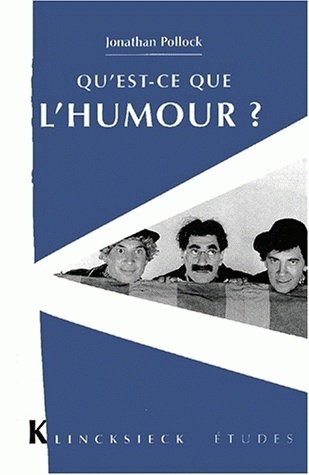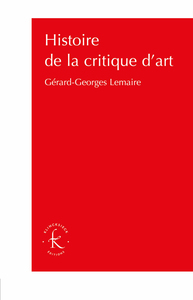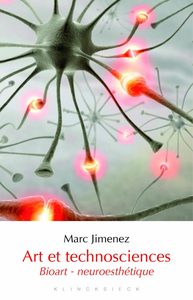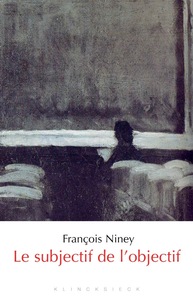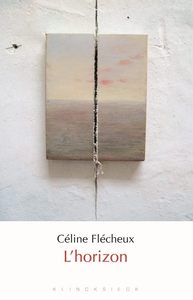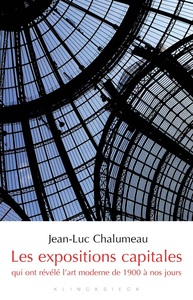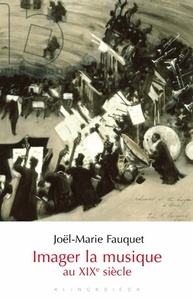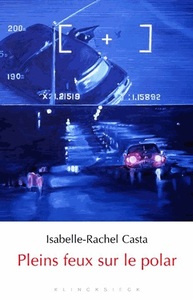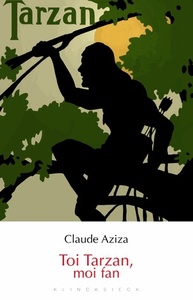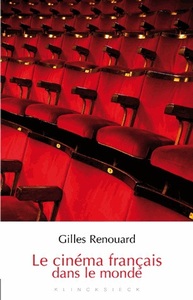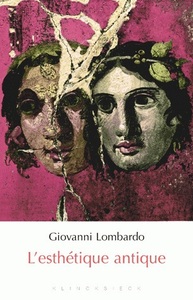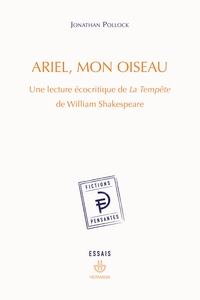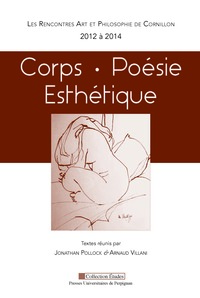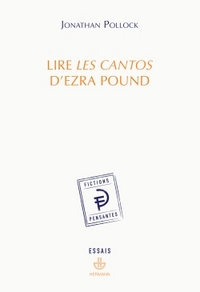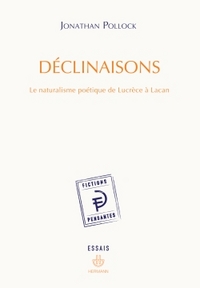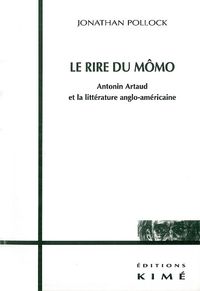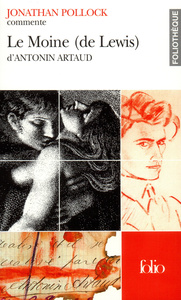Nous utilisons des cookies pour améliorer votre expérience. Pour nous conformer à la nouvelle directive sur la vie privée, nous devons demander votre consentement à l’utilisation de ces cookies. En savoir plus.
QU'EST-CE QUE L'HUMOUR ?
EAN : 9782252033630
Paru le : 21 nov. 2001
-
 Livraison gratuite
Livraison gratuite
en France sans minimum
de commande -
 Manquants maintenus
Manquants maintenus
en commande
automatiquement -
 Un interlocuteur
Un interlocuteur
unique pour toutes
vos commandes -
 Toutes les licences
Toutes les licences
numériques du marché
au tarif éditeur -
 Assistance téléphonique
Assistance téléphonique
personalisée sur le
numérique -
 Service client
Service client
Du Lundi au vendredi
de 9h à 18h
- EAN13 : 9782252033630
- Collection : 50 QUESTIONS
- Editeur : Klincksieck
- Date Parution : 21 nov. 2001
- Disponibilite : Disponible
- Barème de remise : NS
- Nombre de pages : 124
- Format : 0.00 x 13.50 x 21.00 cm
- Poids : 501gr
- Interdit de retour : Retour interdit
-
Résumé :
How does humour differ from such similar concepts as satire, witticism and irony ? Can humour be deliberately cultivated ? Can it be assigned its own rhetorical procedure, or can we at least control its effects ? And even if a word's etymology is not just a chronology of whatever it represents, is there a link between "humour" and its Latin etymon, humor ?
It was in 17th-century English language and literature that this special type of drollery was first dubbed "humour". The meaning of the word was thus extended to encompass both its former meaning of body secretion ("humour") and its new meaning. Although the latter is what prevails today, the eclipsed humoral component is still surreptitiously resisting any tendency to associate the word "humour", in its broad sense, with all that is considered « comical ». Why is the etymological basis of "humour" so deeply rooted in the medical field ?Jonathan Pollock, an English language specialist and comparatist, is a senior lecturer à Université de Perpignan. He has written several studies on humour, the Elizabethan Theatre and Antonin Artaud.
- Biographie : Angliciste et comparatiste, est maître de conférences à l'université de Perpignan. Il est l'auteur de plusieurs études sur l'humour, le théâtre élisabéthain et Antonin Artaud.

